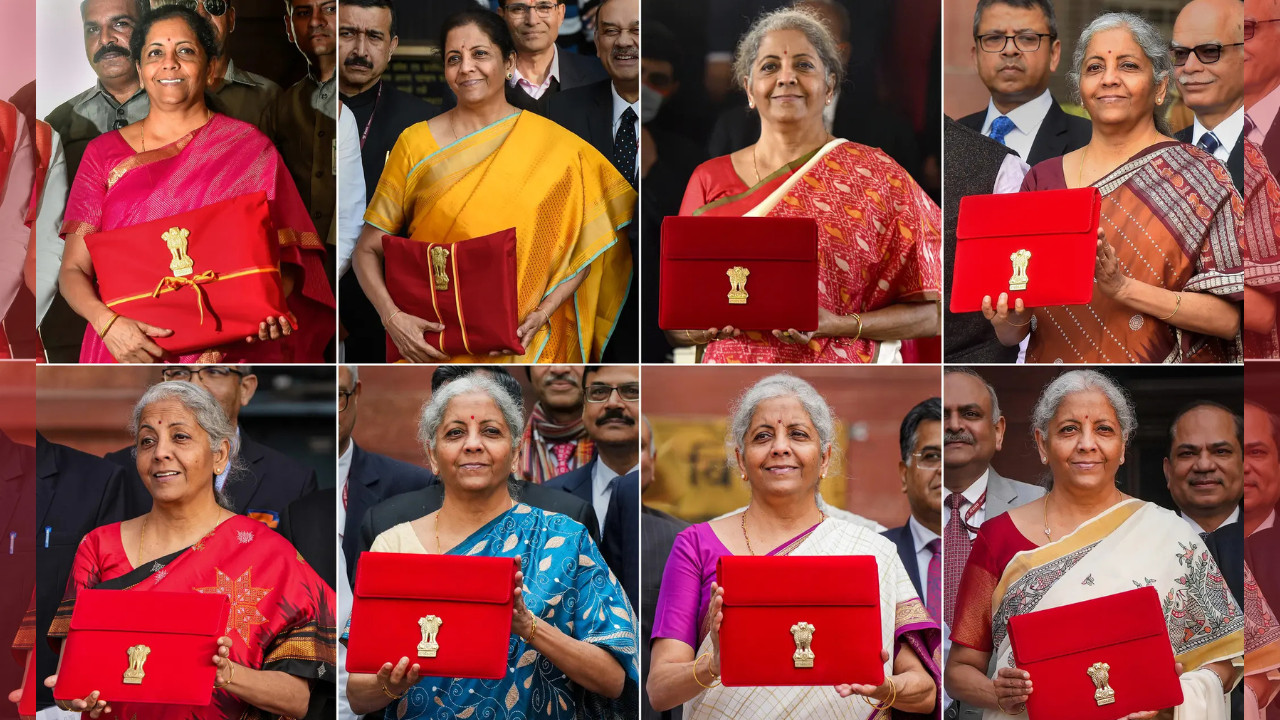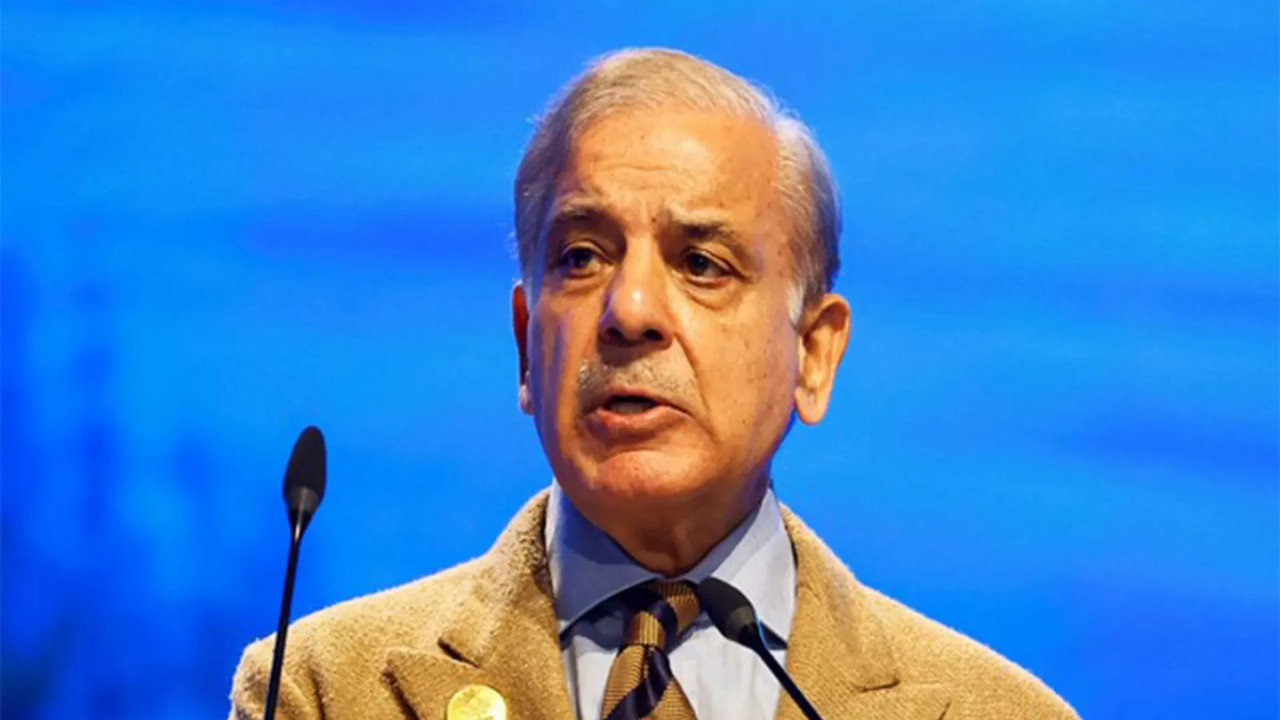The National Highways Authority of India is rewarding users Rs 1,000 in FASTag credit for reporting dirty toilets at toll plazas. Highway users can submit geo-tagged photos of unclean facilities via the ‘Rajmargyatra’ app until October 31, 2025. This initiative aims to improve cleanliness on national highways, with each vehicle registration number eligible for one reward during the scheme’s duration.
Road Tripping Without the Pit Stops? NHAI’s Bold Move to Clean Up Highway Restrooms
Let’s face it: road trips in India are epic. The landscapes, the chai stops, the sheer adventure of it all. But there’s always been that one universal dread lurking in the back of our minds – the state of highway restrooms. We’ve all been there, haven’t we? Holding our breath, making a quick dash, and praying for the next, hopefully cleaner, pit stop.
Well, the National Highways Authority of India (NHAI) seems to have heard our collective sighs of desperation. They’re not just talking about cleaner restrooms anymore; they’re putting their money where our mouths are – literally.
The NHAI is rolling out a fascinating initiative that leverages the very tech we use to breeze through toll booths: FASTag. Imagine this: you encounter a shockingly unhygienic toilet at a highway rest stop. Instead of just grumbling about it, you report it. And if your complaint is verified, you get rewarded.
Yes, you read that right. The NHAI will add ₹1,000 to your FASTag account as a reward for reporting dirty toilets on National Highways.
How Does the FASTag Reward System Work?
The initiative is designed to be user-friendly. Details are still emerging, but the core idea is simple: citizens act as watchdogs, incentivized to report breaches in hygiene standards. When a complaint is filed, the NHAI will investigate. If the complaint proves valid—meaning the restroom indeed falls below the expected standards of cleanliness—the reporter receives the FASTag credit.
This innovative approach serves a dual purpose. Firstly, it empowers travelers to hold service providers accountable for maintaining hygienic facilities. Secondly, the financial incentive encourages participation, turning everyday commuters into active contributors to highway upkeep.

A Much-Needed Focus on Hygiene
The move highlights a crucial need for improvement in public amenities along India’s extensive highway network. While infrastructure development has focused heavily on road construction and connectivity, the quality of rest stops, especially restrooms, has often lagged behind.
This new scheme isn’t just about throwing money at the problem. It’s about creating a system of accountability. Rest stop operators will now be under constant pressure to maintain cleanliness, knowing that a lapse in standards could result in negative reports and potential loss of business (indirectly, of course, through the cost of validated complaints).
More Than Just Toilets: A Shift in Accountability
The implications of this initiative go beyond just cleaner restrooms. It signals a broader shift in how the NHAI views its responsibility to highway users. It’s not enough to simply build roads; they need to ensure a comfortable and hygienic travel experience.
Think about it: this model could potentially be extended to other areas of highway maintenance. Imagine rewards for reporting potholes, broken signage, or other safety hazards. The possibilities are endless. It will be interesting to see if a related approach will be considered for implementation on other roadways, too. I’d recommend that drivers familiarize themselves with safe driving practices in order to be as observant as possible on their journeys.
The Road Ahead: Challenges and Opportunities
Of course, there are potential challenges. Preventing false reports will be key. The NHAI will need a robust verification process to ensure the system isn’t abused. Clear guidelines on what constitutes an “unhygienic” toilet will also be essential to avoid ambiguity and disputes. It is expected that photo evidence may be required to validate the claim.
But the potential benefits far outweigh the risks. This FASTag-linked reward system could be a game-changer for highway hygiene in India. By harnessing technology and incentivizing citizen participation, the NHAI is taking a proactive step towards creating a more pleasant and hygienic travel experience for everyone. This initiative truly marks a step in the right direction for improving road travel in India.
Ultimately, this move represents a fresh and innovative approach to improving public amenities, placing the power in the hands of the people who use them the most. It is a reminder that development is not just about infrastructure, but also about the quality of life for the millions who traverse India’s roads every day.







